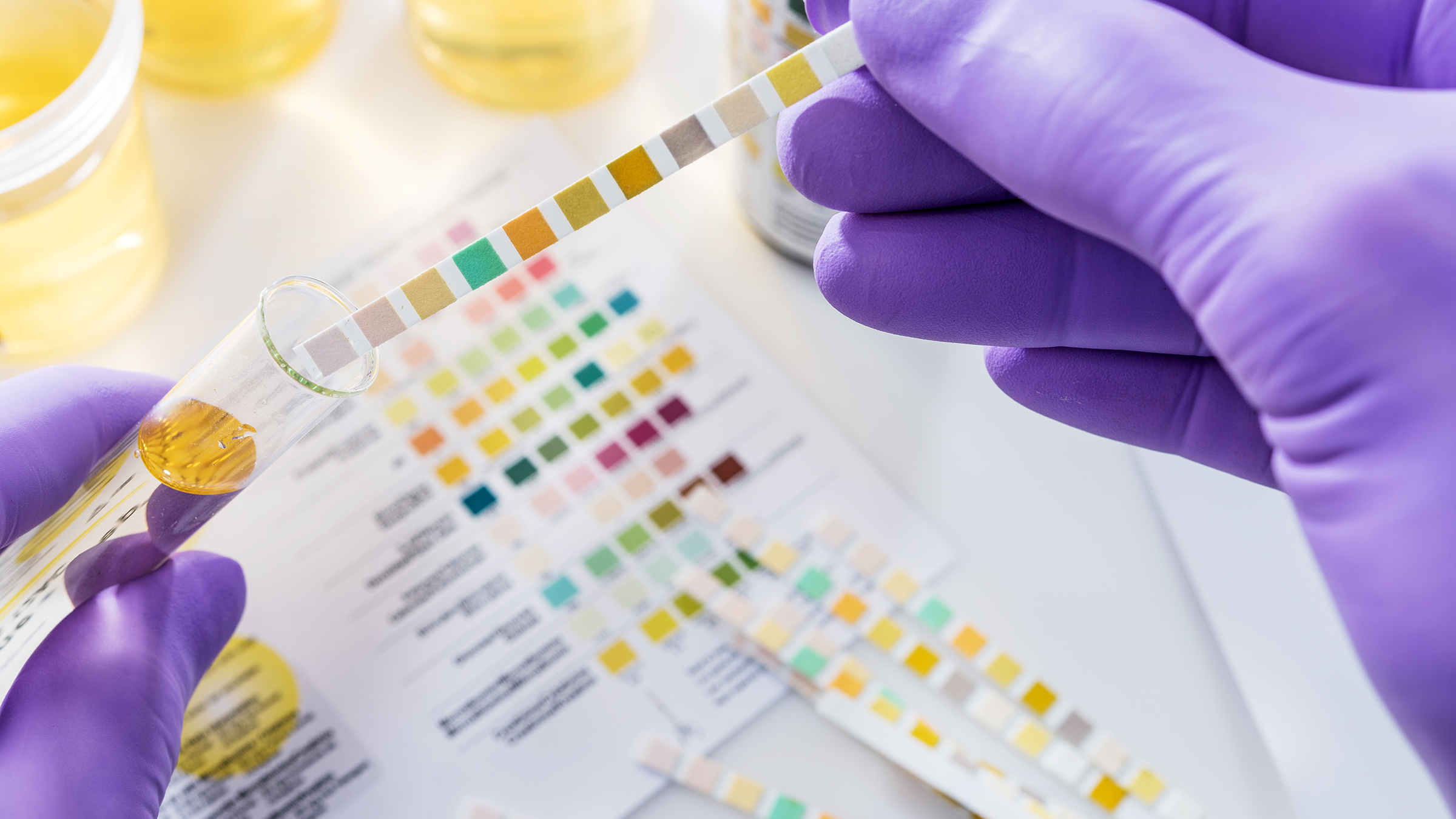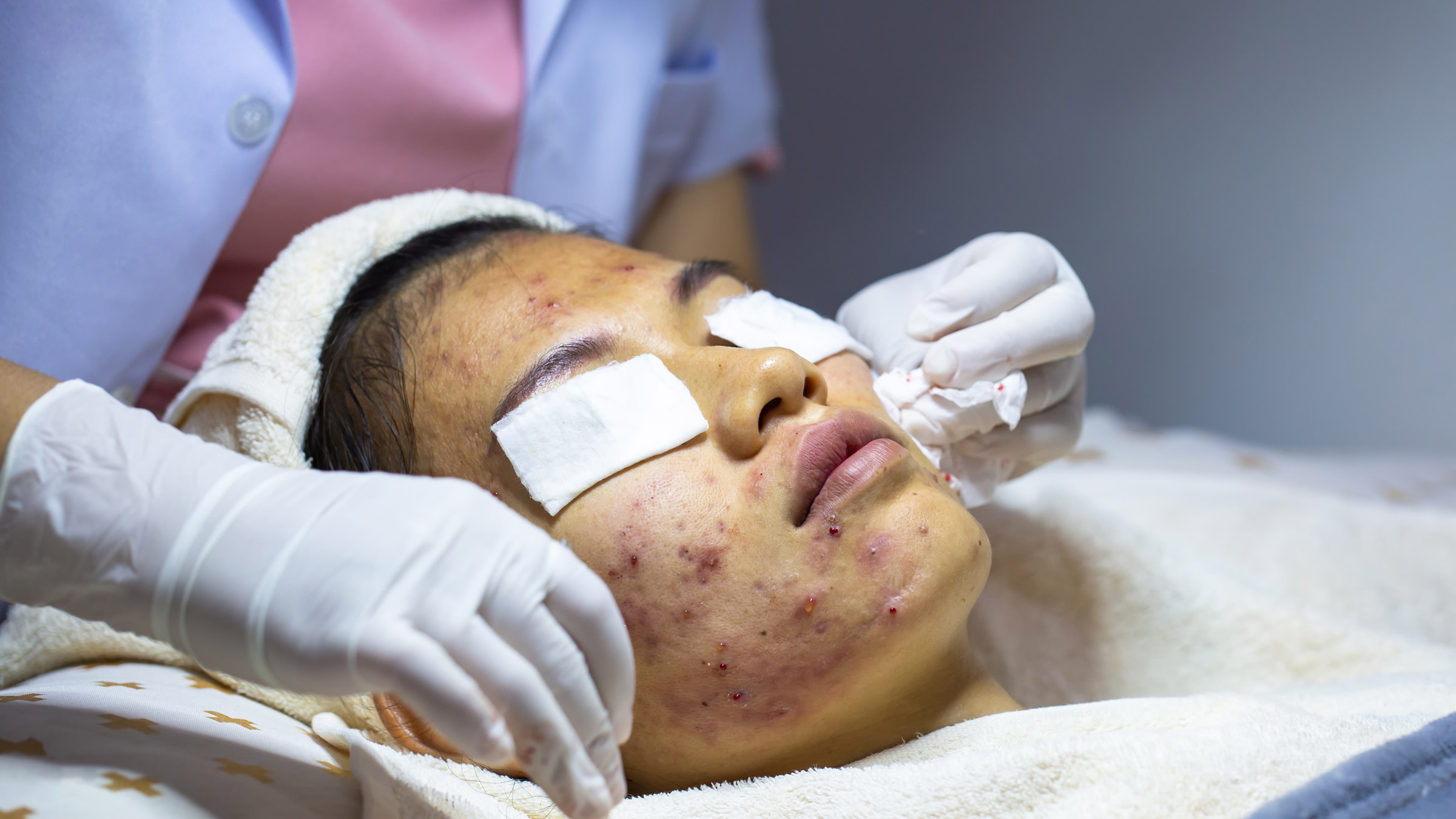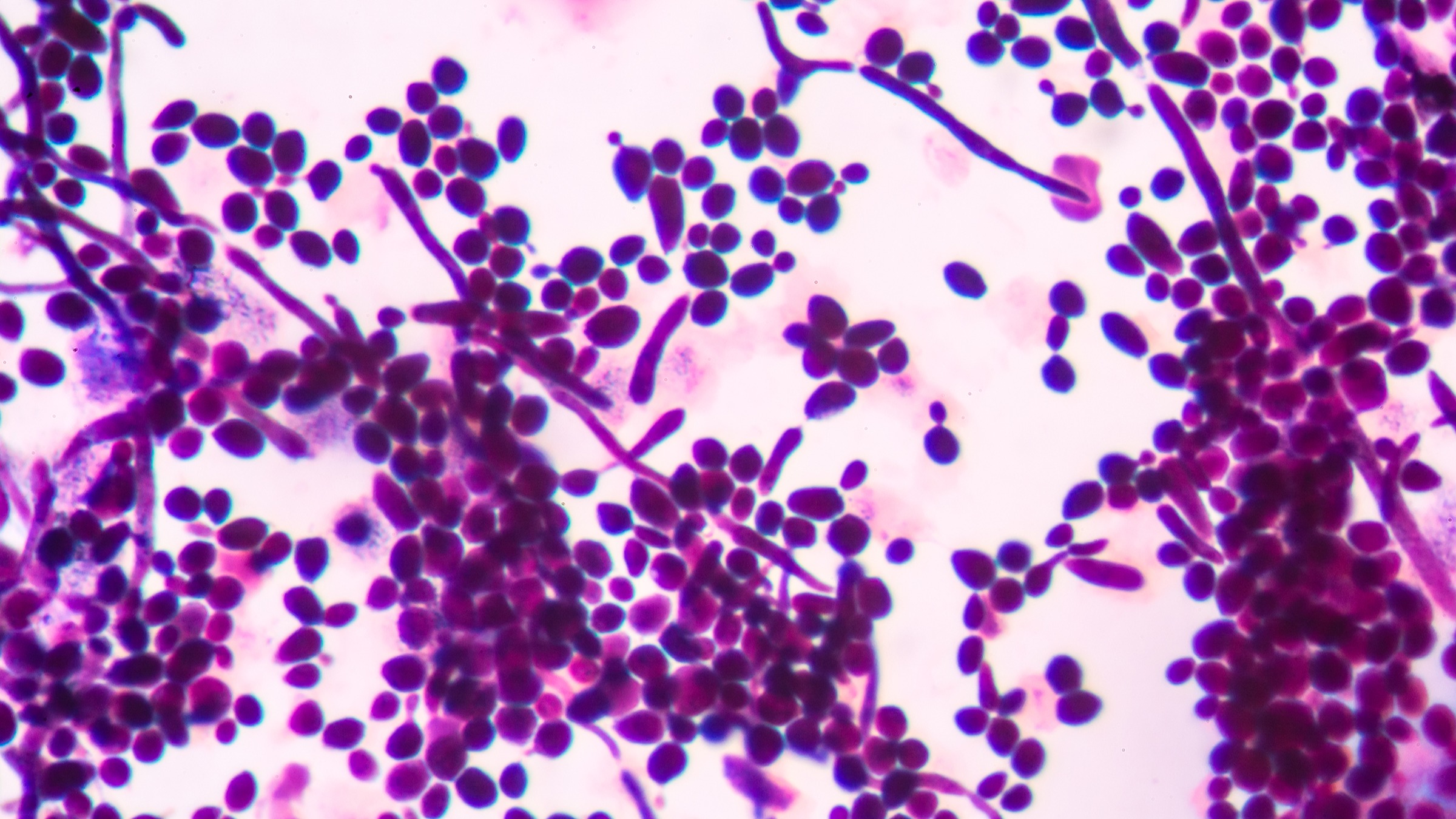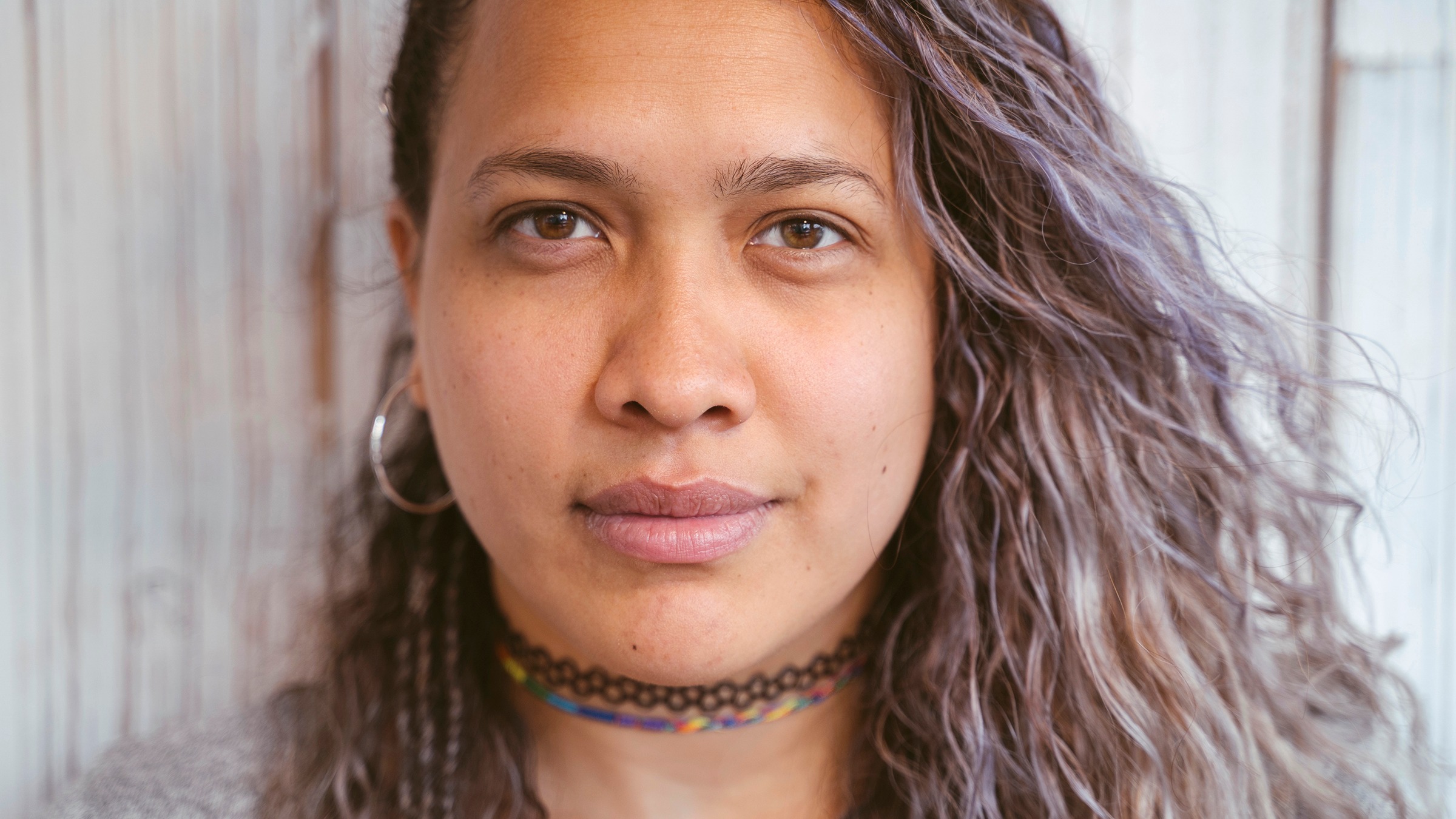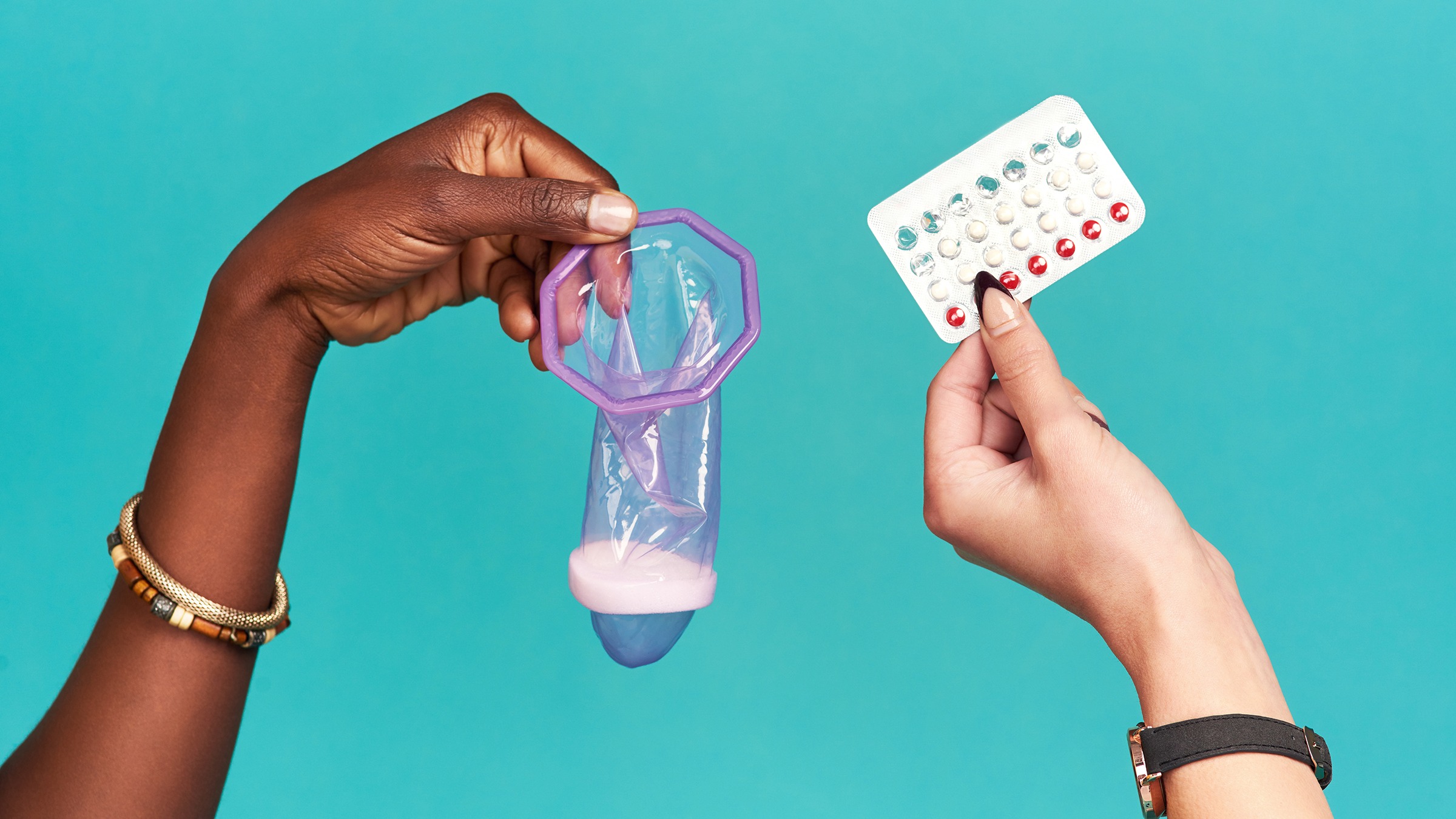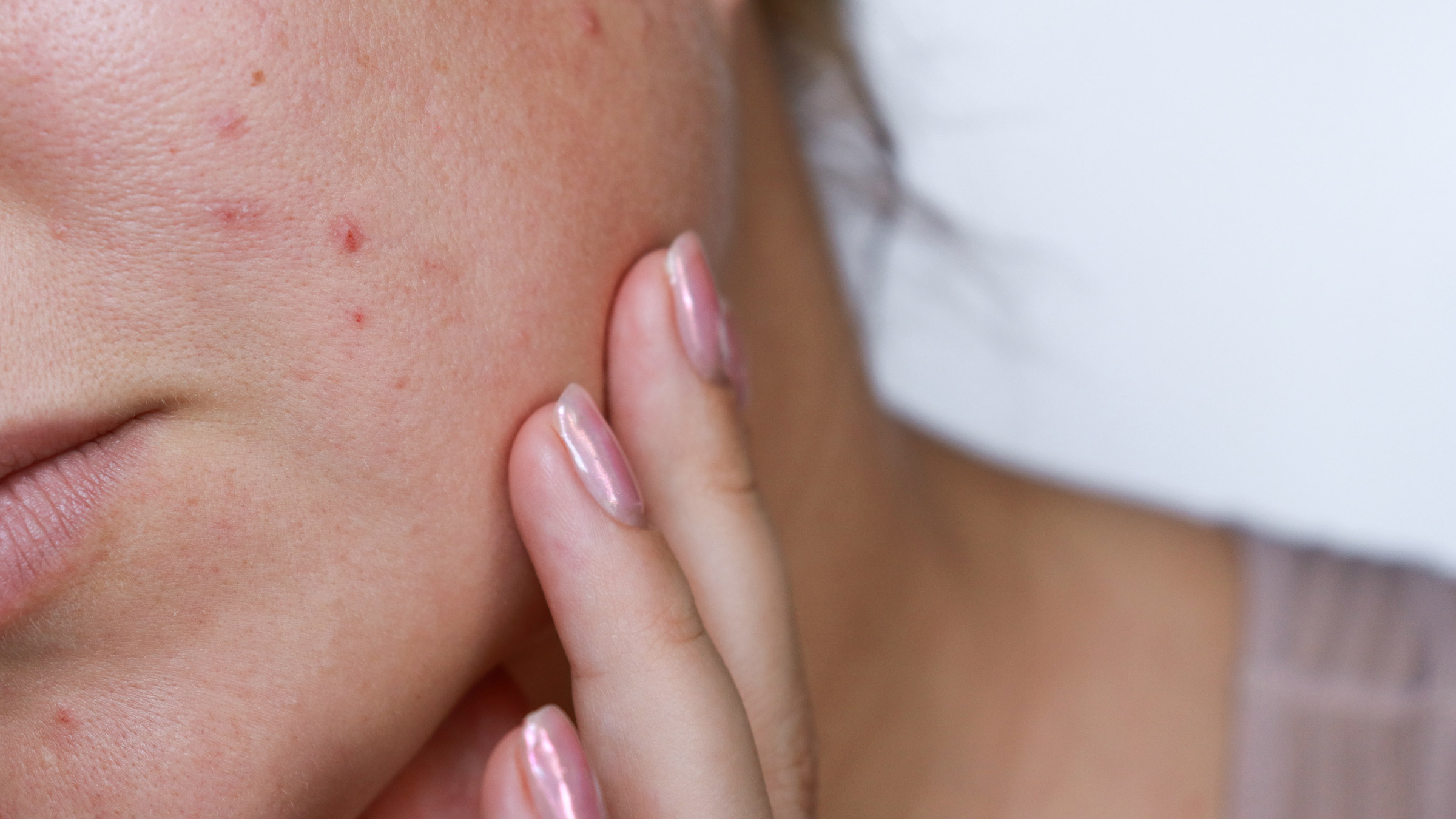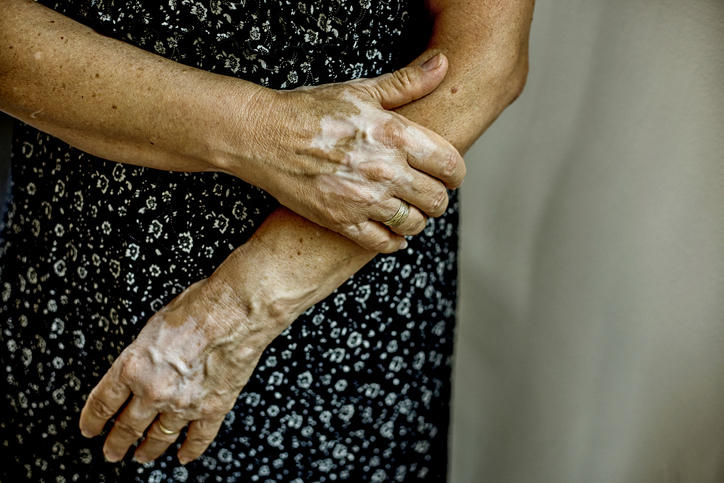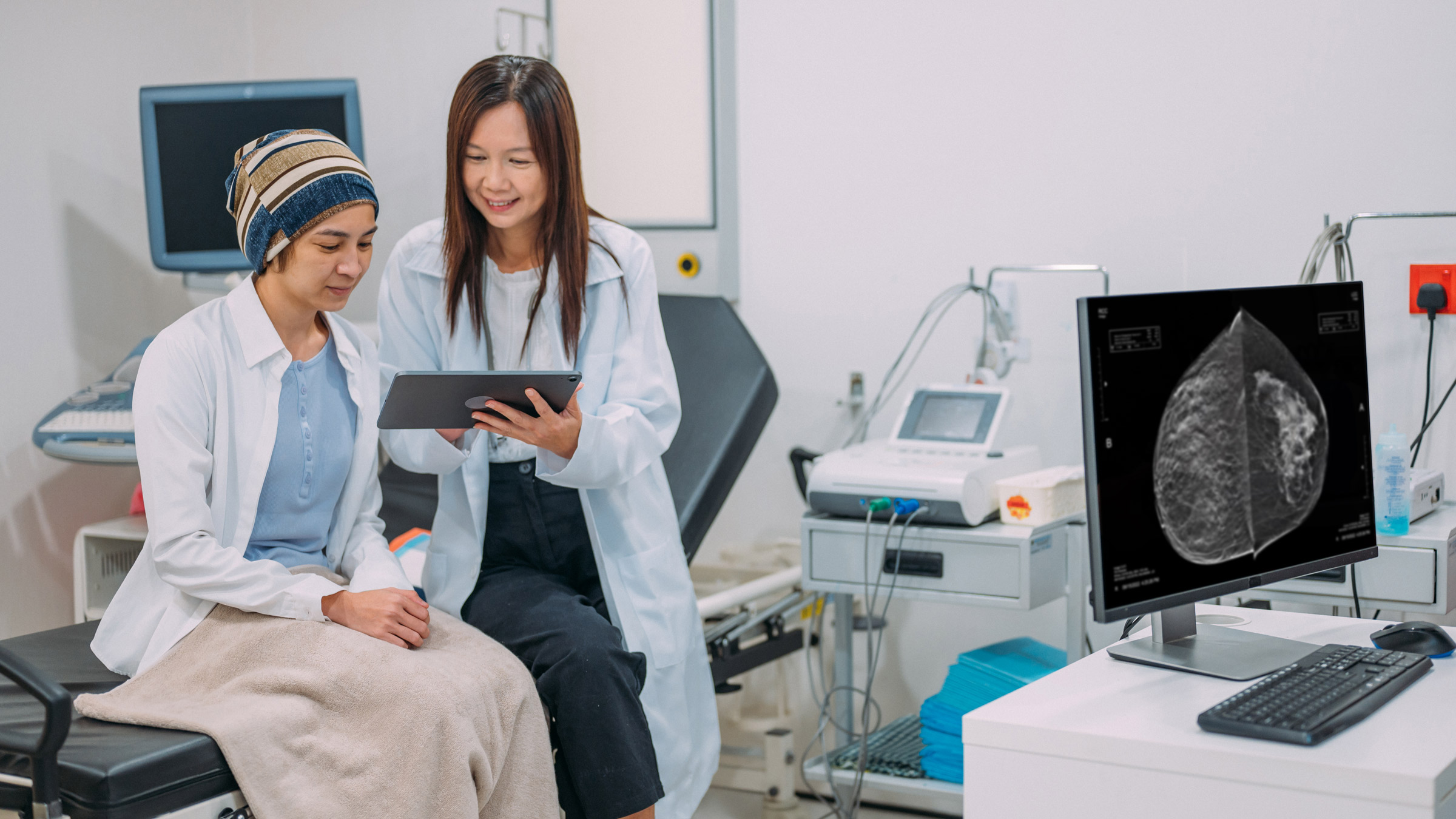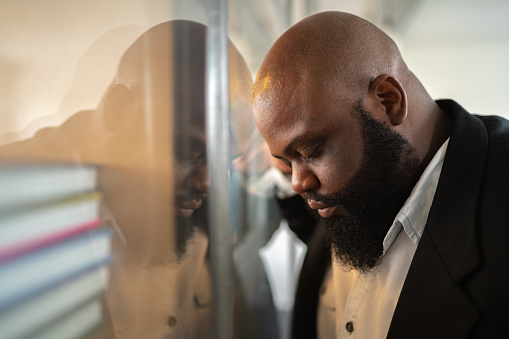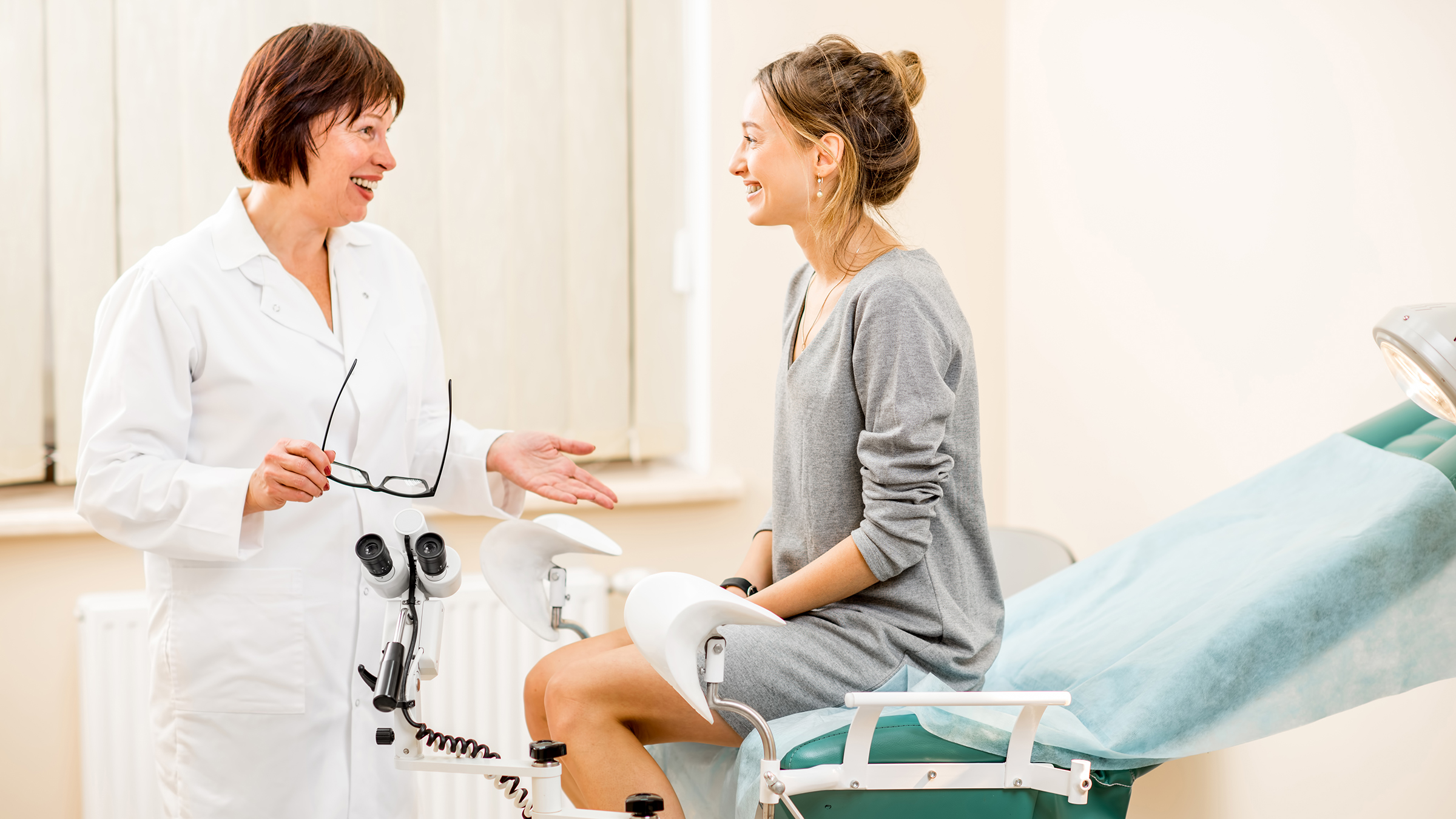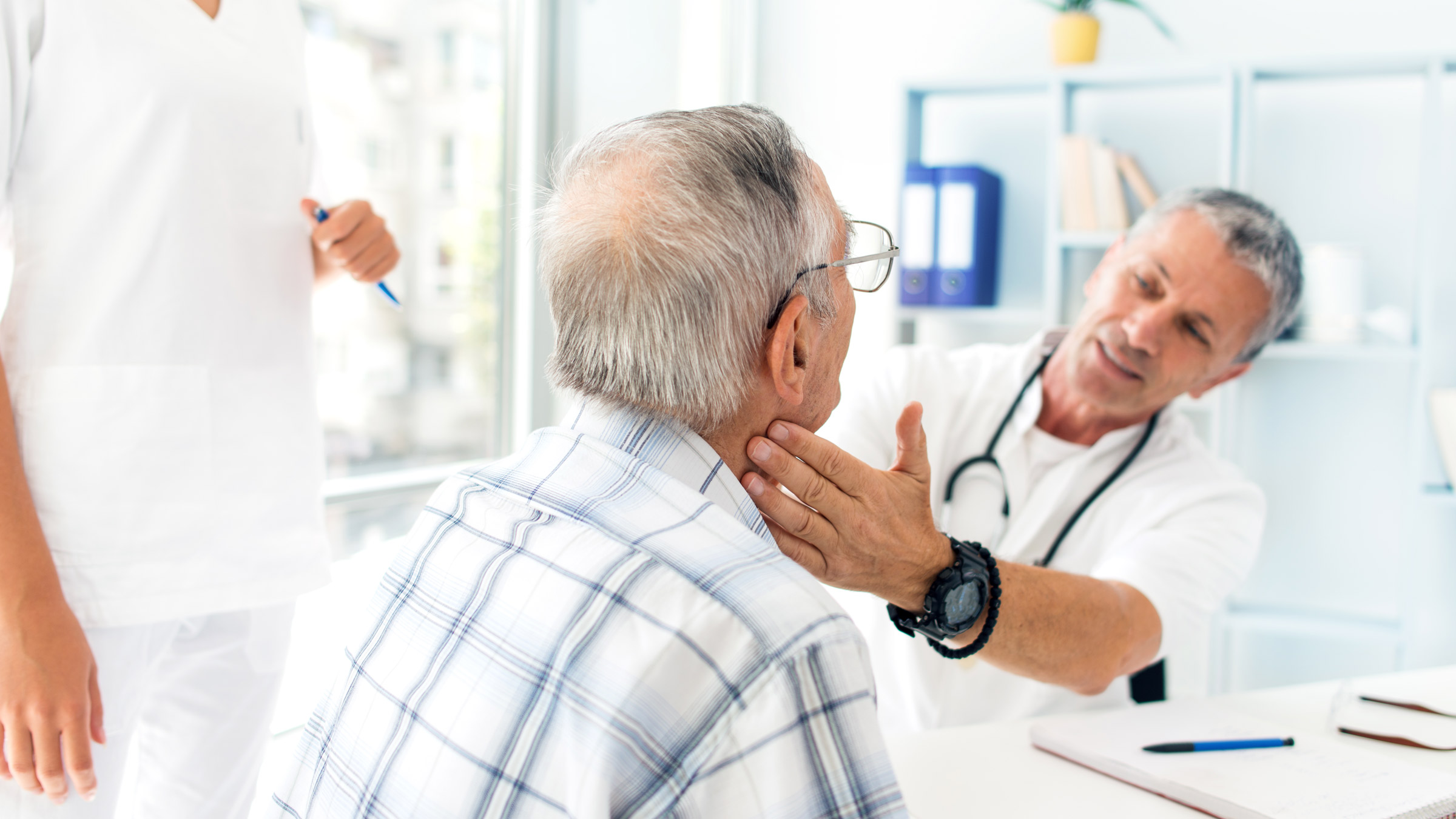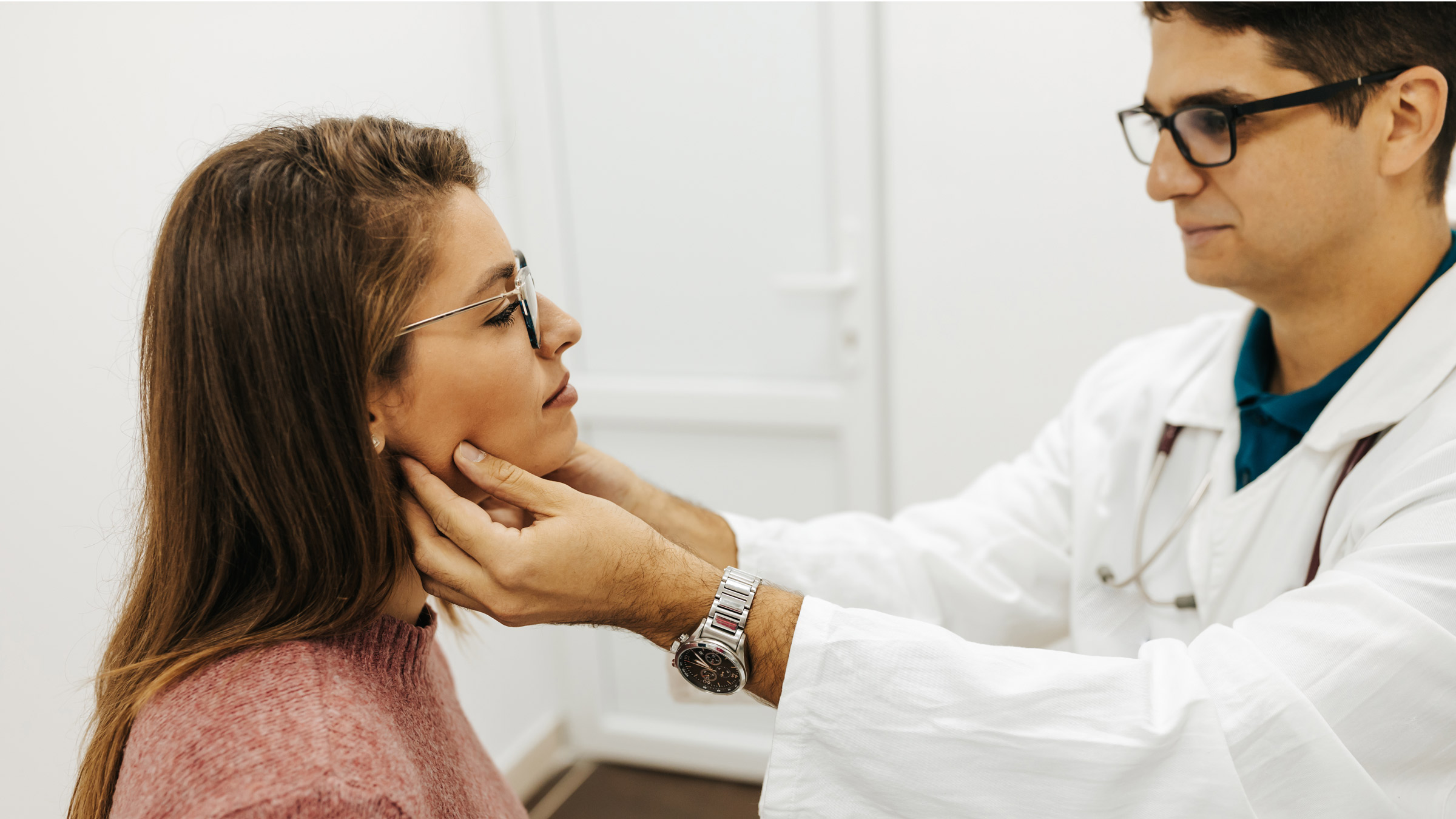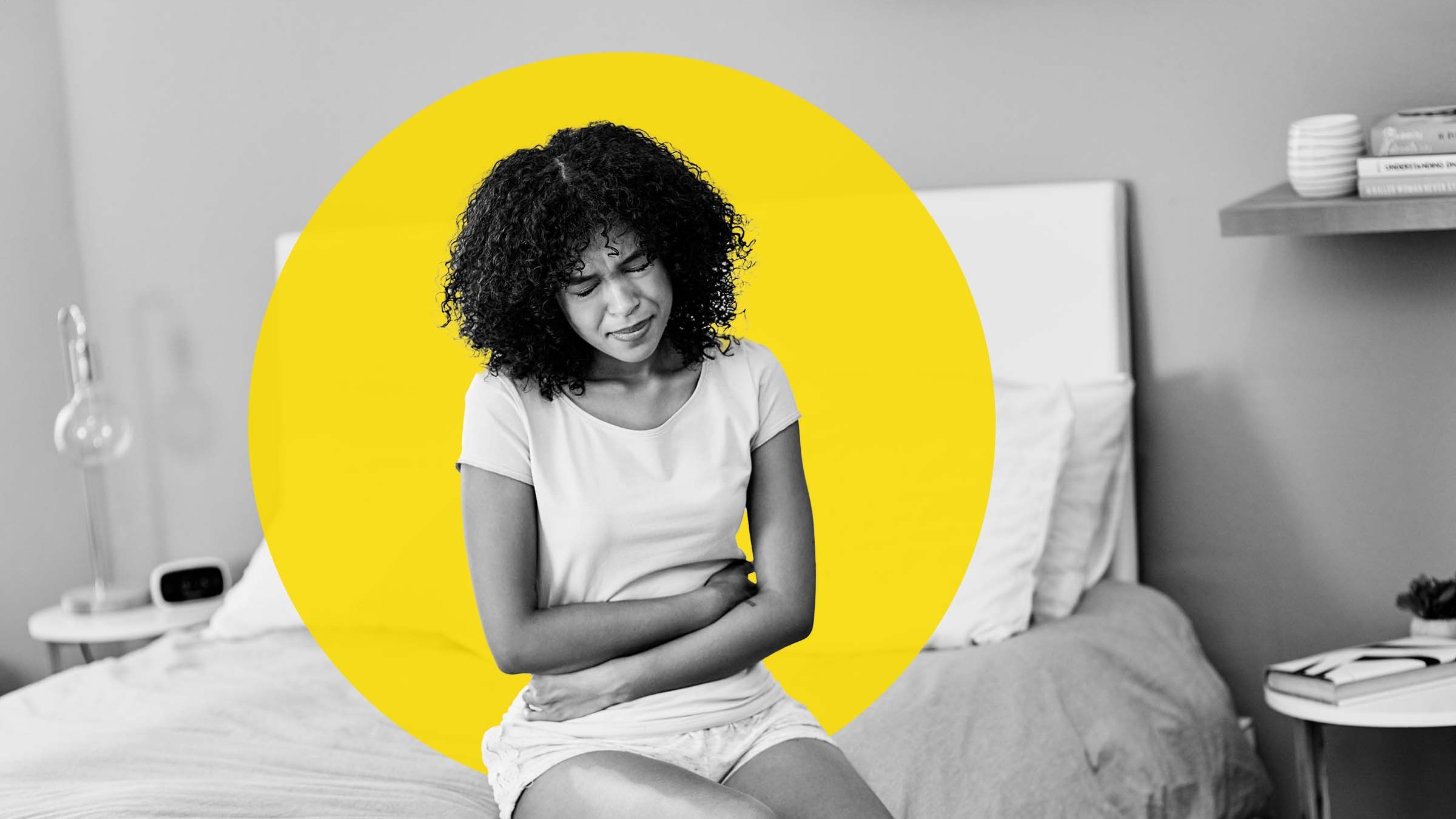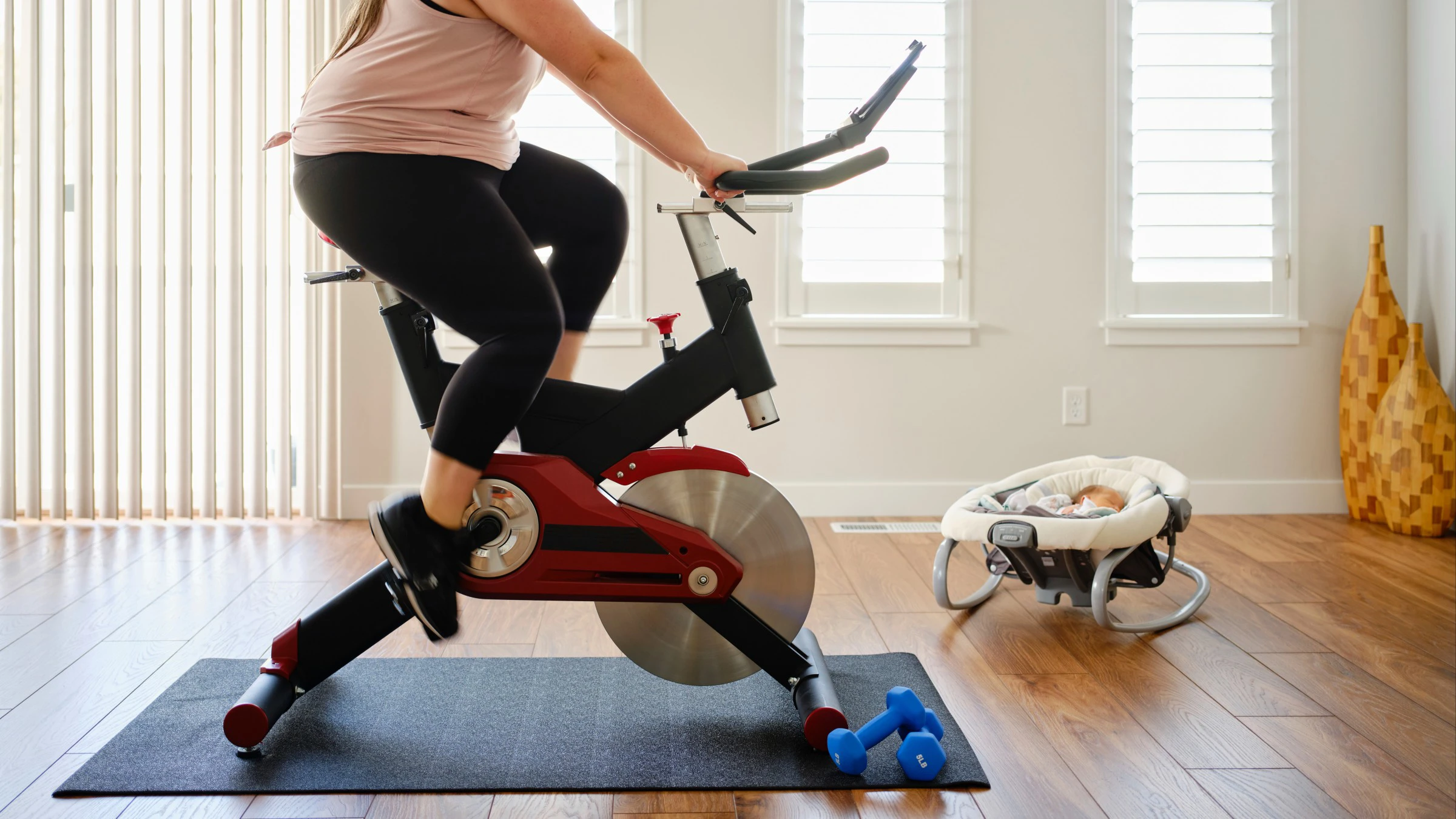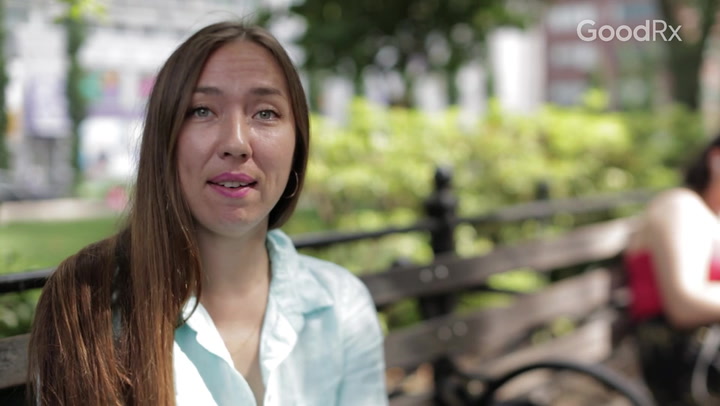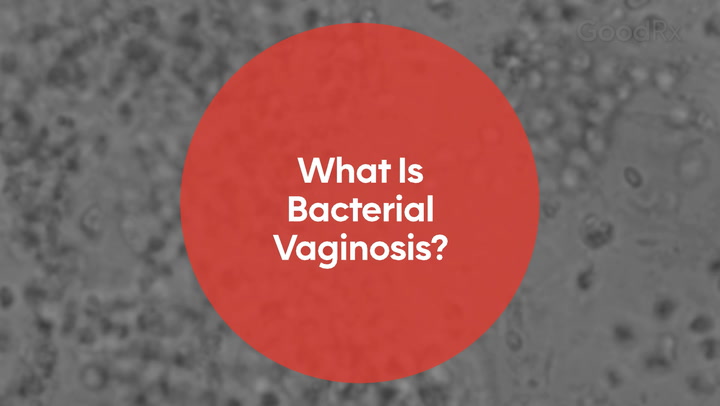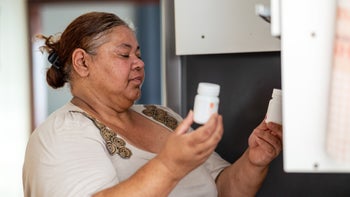GoodRx Guide
Women's Health Center
Health for all women
Whatever stage of womanhood you’re in, you and your health matter. Being a woman is beautiful and complex. Our health needs are also complex‚ and they’re different and unique at every stage of life.
Whether you’re just becoming a woman, adjusting to a new chapter of your journey, or learning about a health condition that is specific to women, we have science-based answers to important questions to help you effectively navigate each unique stage of life.
Explore medically sound, expert-reviewed resources to help you navigate your journey, from puberty to menopause and beyond.
Women’s sexual health
For many people, sex is an important part of life. A healthy and safe sex life can improve physical and mental health, self-confidence, and relationships.
But what is “healthy and safe” sex?
A healthy and safe sex life is one in which you:
Protect yourself from sexually transmited diseases (STDs) and harm
Are free to make your own choices about how, when, and where you have sex
Are free to make your own choices about birth control
Feel safe and comfortable in your body, sexual orientation, and your relationship
Have access to resources to make healthy and safe decisions about your sexual health
Respect the rights of others to be safe and free to make their own decisions about their sexual health
Find pleasure and maybe even orgasm
Birth control
If you’re having sex with men but don’t want to get pregnant, you need to choose a type of contraception (birth control). Fortunately, there are a lot of choices for women — including many free and low-cost options.
But with so many birth control options, the choice may seem overwhelming.
Our resources can help you learn more about contraception, so you can choose a method that feels right to you and your partner(s):
Intrauterine devices (IUDs)
Birth control implants
Birth control patches
Birth control vaginal rings
Birth control shots
Sponge
Cervical cap and spermicide
Diaphragm
Spermicide
Male sterilization (vasectomy)
Female sterilization (tubal surgery)
Fertility
If you’re hoping to get pregnant, it can feel like you have more questions than answers. How long should it take to get pregnant? And how can you improve your chances? What’s the science on fertility tracking and at-home fertility tests? And when is the best time to “try” to conceive?
If you’ve got questions, we’ve got answers. Here are just a few of the resources we have to help you out:
We also know that some women might not want to get pregnant right now. Understanding your choices for egg freezing can help you keep your options open for the future.
Pregnancy
No pregnancy is the same. That’s why it’s important to have evidence-based resources you can trust. We have lots of useful tips if you’re planning a pregnancy, dealing with an unplanned pregnancy, or experiencing your first pregnancy. We also have you covered if you’ve lost a pregnancy or if you’re a seasoned pro.
Regardless of your situation and experience, we have a wealth of expert advice, including what to expect with:
Terminating a pregnancy (abortion)
We also have information to help you understand your options for labor and delivery as well as breastfeeding — so you can make choices that are the best fit for you and your baby. You’ll also find articles about common experiences women have after pregnancy, like postpartum depression and pelvic floor weakness.
Menstrual disorders
Getting your period can be a real drag. And for some, it’s much worse than that. When dealing with periods, it can be hard to know what’s normal and what’s not. It can also be hard to know what to put up with — and when to see a doctor.
Many people get premenstrual syndrome (PMS) — that monthly discomfort that tends to come on a week before your period. But in some cases, the physical and emotional changes can be so severe that they interfere with your daily life. When this happens, it may be a sign of premenstrual dysphoric disorder (PMDD), a type of mental health condition.
Periods can sometimes be too close together or too far apart, or your bleeding can be very heavy or painful. When these things happen, it can help to check in with your provider. It’s possible that the cause of your symptoms is a health condition, like:
None of this is “normal,” and there are common causes for this and treatments to help you feel better.
Menopause
Modern women live longer lives than previous generations. This means that women will collectively spend more time living through menopause — and beyond — than we ever have before. Because of this, leading OB-GYNs are urging us to view menopause not as the end of the race, but as the victory lap. So with that in mind, it pays to prepare.
But the truth is: Many women don’t know what to expect from perimenopause and menopause. You might have questions about menopause symptoms or wonder about the pros and cons of using hormone replacement therapy and dietary supplements. That’s why it’s helpful to know where to turn for honest, unbiased information about your changing body.
Specific health concerns can also come up during perimenopause and menopause:
Mental health
As women, we’re more likely than men to struggle with mental health at some point in our lives. Making time to practice “mental wellness” can help make the hard times easier to bear and give us the tools to cope with mental health struggles when they inevitably occur. These tools can include:
Making time for laughter and friendships
Developing healthy ways to cope with stress
Practicing other types of exercise
But in some cases, coping strategies aren’t enough. If you’re dealing with a mental health condition, it’s important to have the facts. Common conditions in women include:
Resources for healthy living
Whatever your age, weight, or body shape, it’s a fact that eating well and exercising regularly are good for your mental health and physical health.
Nutritious foods can give you energy and prevent disease. Like men, women should eat plenty of fiber, fruits and vegetables, and healthy proteins like fish.
But women also need different vitamins and minerals throughout their life, for healthy bones, healthy pregnancies, and more — like iron, folic acid, and calcium. We’ve got resources to help you get the nutrition you need, even if you’re on a tight budget.
Women should also get at least 1 to 2 hours of exercise every week. Exercise can help protect your heart, prevent osteoporosis, keep your mood up, and even help you live longer. Exercise can also help you be strong and healthy at any weight. And it can help change your weight if you desire.
And finally: Make sure you keep up with your regular health screenings. This means visiting your primary care provider on a regular basis as well as seeing a dentist and eye doctor for frequent checkups.
Not sure where to start? Check out our handy list of health screenings women should have at every age, starting at age 13.
Skin care
When it comes to your skin, it can be hard to know what trends are actually based on science. We’ve got you covered with skin care tips, from our very own team of dermatologists.
Whether you’re just starting a skin care routine (at any age), want to work on wrinkles, or are hoping to reduce scars, we have evidence-based answers for you. We also have information about common skin conditions that affect women, like:
And finally: We know it can be hard to know where to begin. Our experts can help guide you toward choosing products that are affordable, worth using, and right for your skin type.
Common concerns
It would be terrific for every woman to have a long-term healthcare provider. But, sadly, that isn’t the norm. In fact, 1 in 10 women with an ongoing health condition doesn’t have a regular provider — especially women of color and those who are uninsured or have Medicaid.
So where can you find an affordable clinic? Community health centers often provide low-cost or free services.
There are also private women’s health services, like:
Hospitals
Clinics
Urgent care centers
Pharmacy clinics
These services often have financial assistance programs to help you get the care you need.
Family medicine specialists are trained to provide primary care and preventive care to women — in addition to all adults and children. In some cases, they may also care for pregnant women and deliver babies.
Obstetrician-gynecologists (OB-GYNs) are specialists in women’s health. They usually focus on problems with women’s reproductive organs as well as pregnancy and childbirth. Some also take care of women’s preventive health. Some — but not all — also provide abortion care.
Endocrinology specialists are physicians specialized in hormonal (endocrine) problems. Typically, endocrinologists care for people with diabetes or thyroid problems. But some choose to specialize in female reproduction.
Resources and tools
Get treatment with GoodRx Care
Chat with a healthcare provider about common women’s health concerns, from UTIs to birth control. Visits with GoodRx Care start at $19 with Gold membership.
